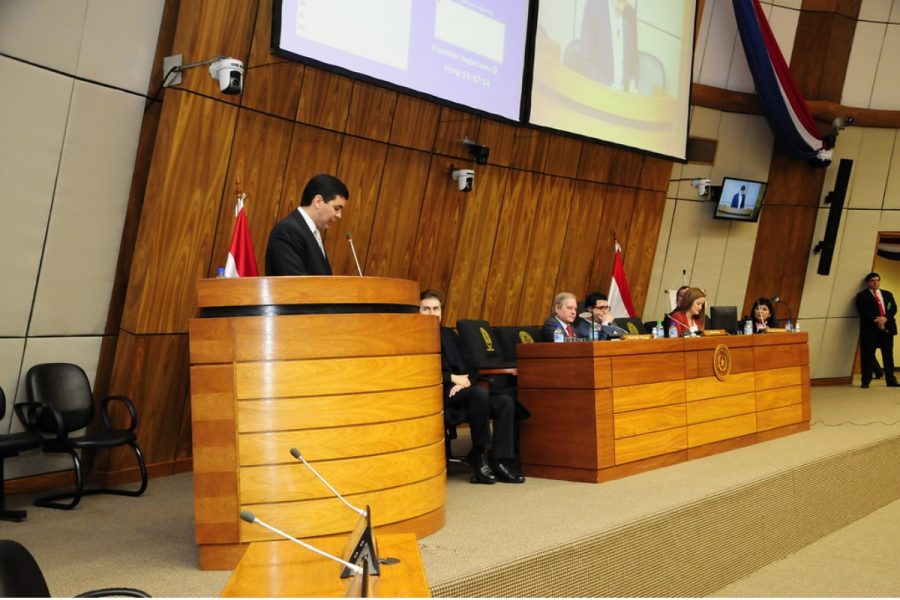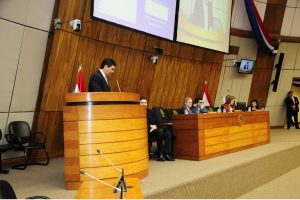Paraguay: criticism of new gambling bill grows

Members of the National Union of Quiniela, Bingo and Gaming Sales Workers (Sintraquiba) have complained that the new project maintains the lottery’s monopoly.
Paraguay.- More voices have been raised against a bill promoted by the National Commission for Gaming (Conajzar) that seeks to give the entity greater autonomy. The bill would rename the commission as the National Directorate for Gaming (Dinajzar).
Lottery representatives say that the new law maintains the existing monopoly for quinielas and does not contemplate any aspect related to the working condition of the lottery sellers.
In an interview provided to the local site ABC Color, Alicia Gutiérrez, Secretary General of Sintraquiba, regretted the discretionary handling of the company that currently operates the pool, Technologies Development of Paraguay SA (TDP).
Gutiérrez said that, due to the pandemic, the company had reduced the percentage of profit received by lottery sellers from 25 to 20 per cent and that the situation had yet to be corrected. Rosalba Benítez, another union leader, questioned why the bill does not contemplate a basic percentage of profit for the lottery sellers.
She also complained that sellers work in informal conditions. Meanwhile, Gutiérrez complained that, despite not having any contractual relationship with TDP, sellers are required to justify absences if they do not work.
Bernarda Resquín, another spokeswoman for the sector, questioned why the bill proposes that the pool increase the quantity of numbers on which players bet, which would only benefit the operating company.
“By increasing the numbers, the chances of the player winning decrease, discouraging the game, and thus the amount collected by the State for the prizes is less. Only the concessionaire benefits,” Resquín said.
Other critics of the bill
Businessmen in the Association of Gambling Operators (Apoja) said the bill was “unfeasible”, as reported by the newspaper ABC Digital. They have decided to present their disagreement in writing to the Lower Chamber.
They complained that the National Directorate of Gaming (Dinajzar) would centralise the regulation of slot machines that operate outside casinos, which today falls to the municipalities.
They also questioned the lack of technical criteria. Raúl Caviedes, a member of Apoja, criticised the introduction of a new law when the one in force is “trampled on by the person responsible for its compliance”.











